Catalina Macaw for sale
Bird Description & Information:
-
Price:
Catalina Macaw for sale at $7000 each.
-
Age:
(Baby 11-47 months) (Juvenile 4-7 years) (Adult 8-9 years) Age varies, depending which bird is chosen.
-
Color:
Green, Red, Yellow, Orange, & Blue.
-
Life Span Average:
30-70+ years
-
Size Average:
Large 33 inches
-
Weight Average:
2 1/2-3 lbs
-
Noise Level:
Loud, can learn to talk, say words, and mimic noises.
-
Personality:
Social, intelligent, can be affectionate, & can even learn to do tricks.
-
Scientific Name:
Catalina Macaw a Hybrid Macaw, cross between Blue & Gold Macaw and Scarlet Macaw (Ara Ararauna × Ara Macao)
-
Origin or Natural Habitat:
South-Eastern Mexico, Colombia, Venezuela, Ecuador, Brazil, Peru, French Guiana, Honduras, and Bolivia.
-
Gender Differentiation:
(Homomorphic) There are three indications to differentiate Male Macaws from Female Macaws. (First is Size) Male Macaws tend to be larger than Females, while Female Macaws tend to be smaller than Males. (Second is Head Shape) Male Macaws head shape tend to be lager & flatter, while Female Macaws head shape tend to be smaller & rounder. (Third is Beak Shape) Male Macaws beak shape tend to be rounder, while Female Macaws tend to have a narrower beak. However these are just indications differentiating Males & Females, this doesn’t guarantee gender of the birds. Male & Female Macaws are homomorphic, Select DNA Check Box for the gender of the birds to be guaranteed & to differentiate Males & Females! If client chooses not to opt-in for DNA, the ParrotCrown.com Avian Specialist Team does their best to select the right birds for our clients based off experience, physical traits, & personality traits.
-
Diet:
Seeds, Pellets, Fruits, and Vegetables shall all be provided 24/7 & be balanced. Cuttle Bone must provided for calcium and vitamin blocks for vitamins. Also water soluble vitamins are optimal, such as the brand Nekton.
-
Care:
It’s optimal for a Macaw to have very large cage, for enough space to play & exercise. Stainless Steel or Powder Coated cages are good. Filled Food & Water bowls are needed 24/7 for the bird to stay healthy and hydrated. Toys are a must and treats for the bird to be happy. At least once or more a week offer a bath in shallow water or mist the bird. Exercise is needed for 2-3 hours a day, let the bird spread its wings and flap its wings to exercise wing muscles. Let the bird walk and climb to exercise legs and feet, also let the bird chew on toys to work on jaw muscles.
-
Caution:
Intermittent screaming, which is quite loud.
-
Catalina Macaw for sale Imagine 1 Catalina Macaw for sale Imagine 2
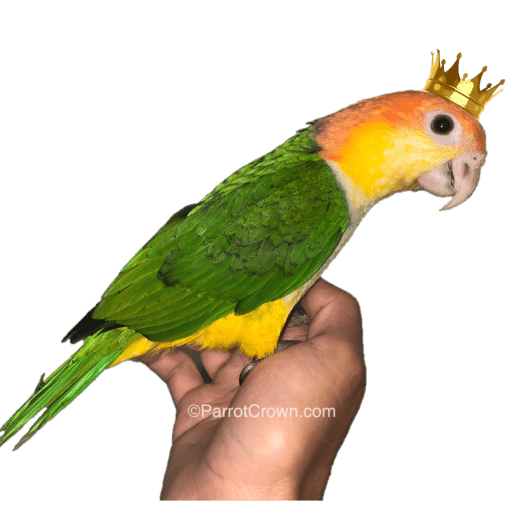
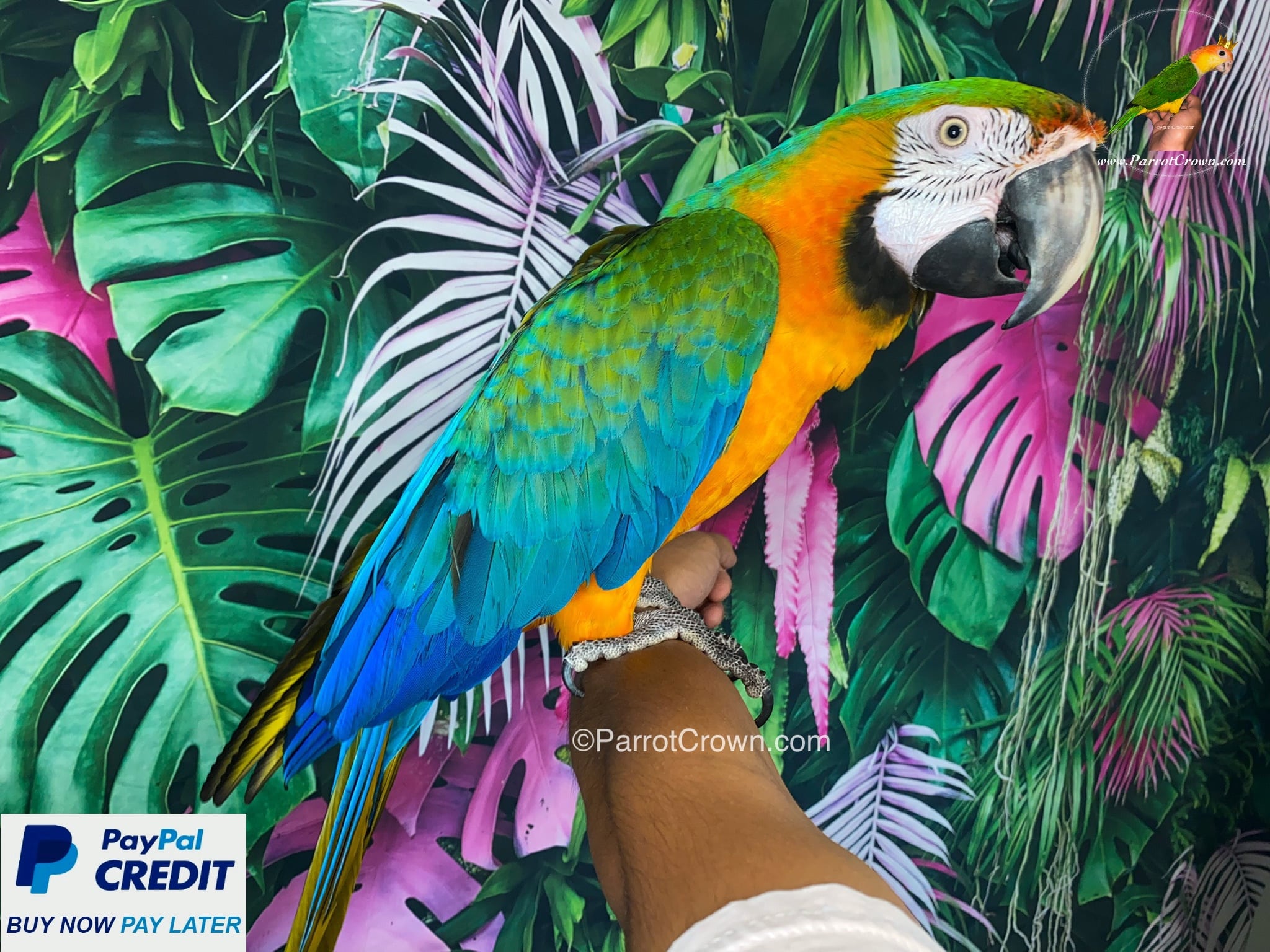
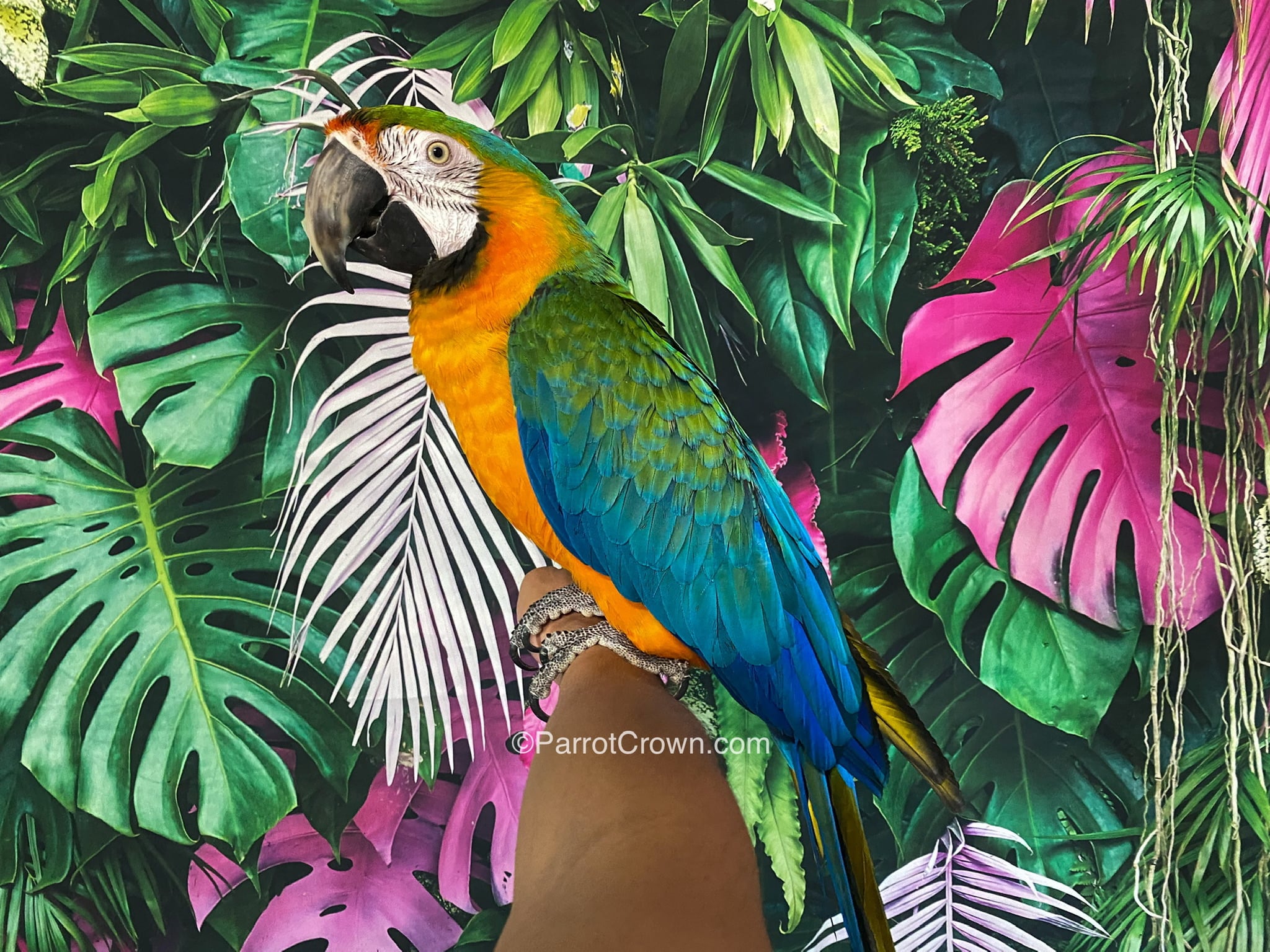
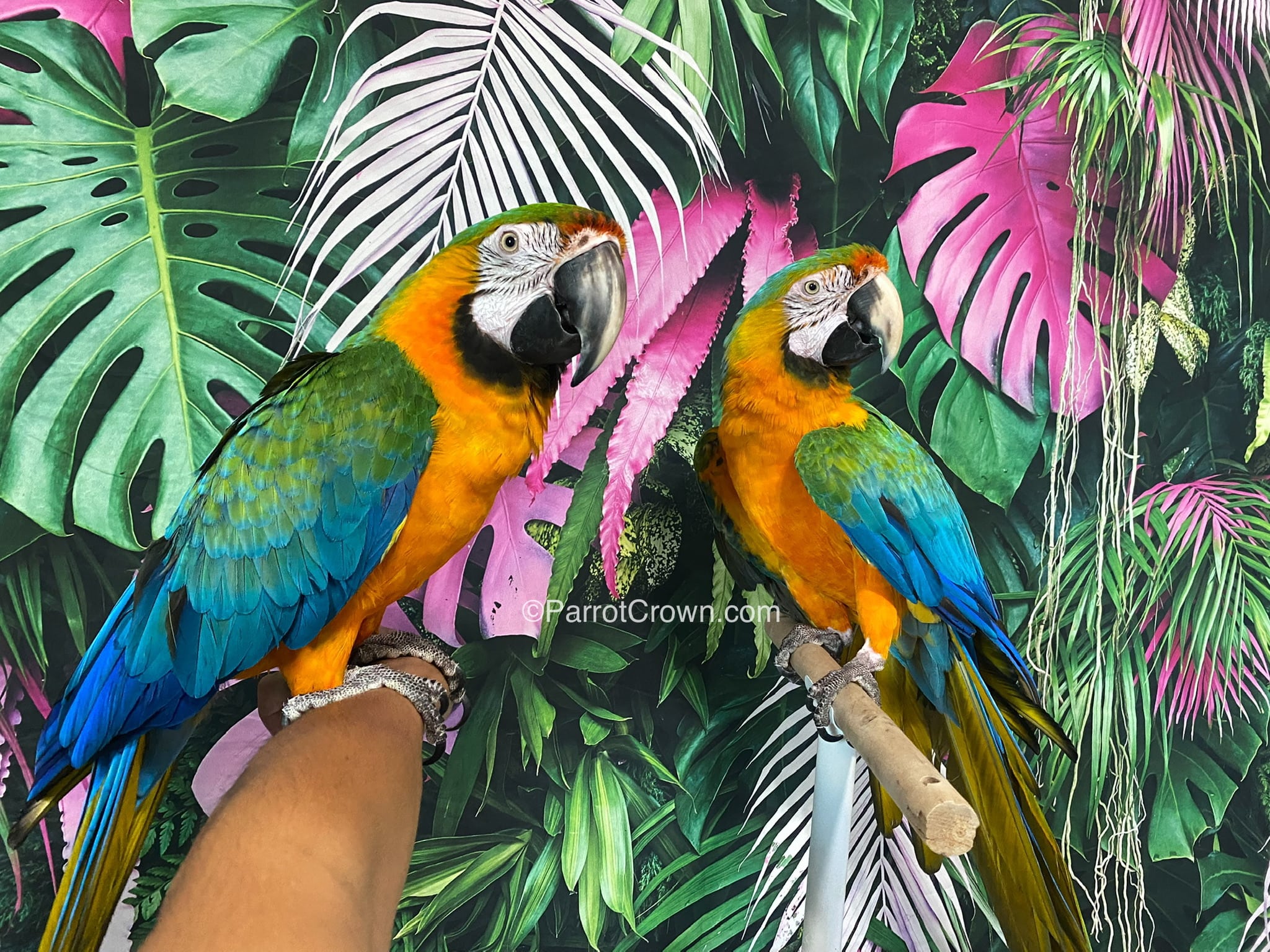
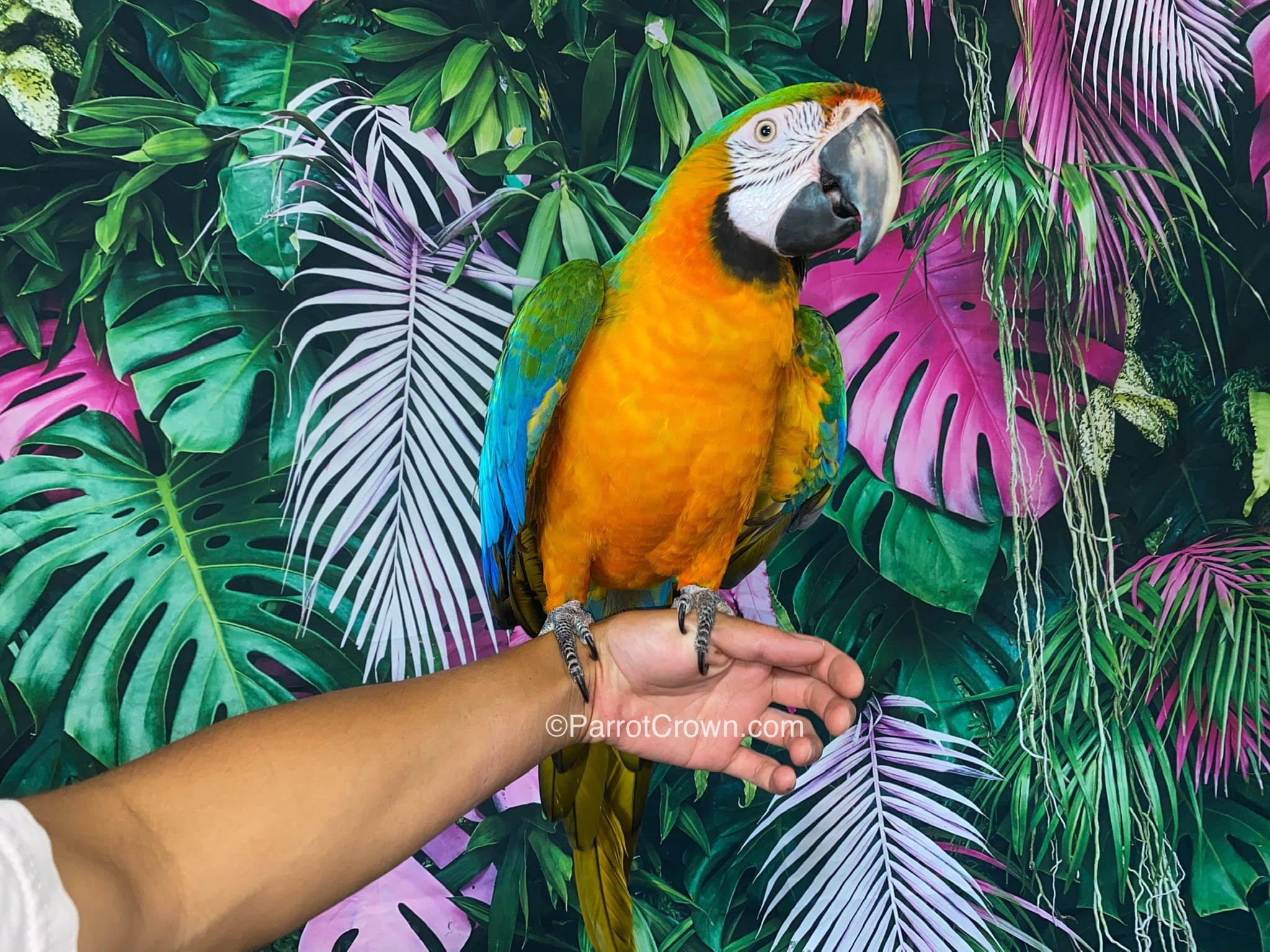
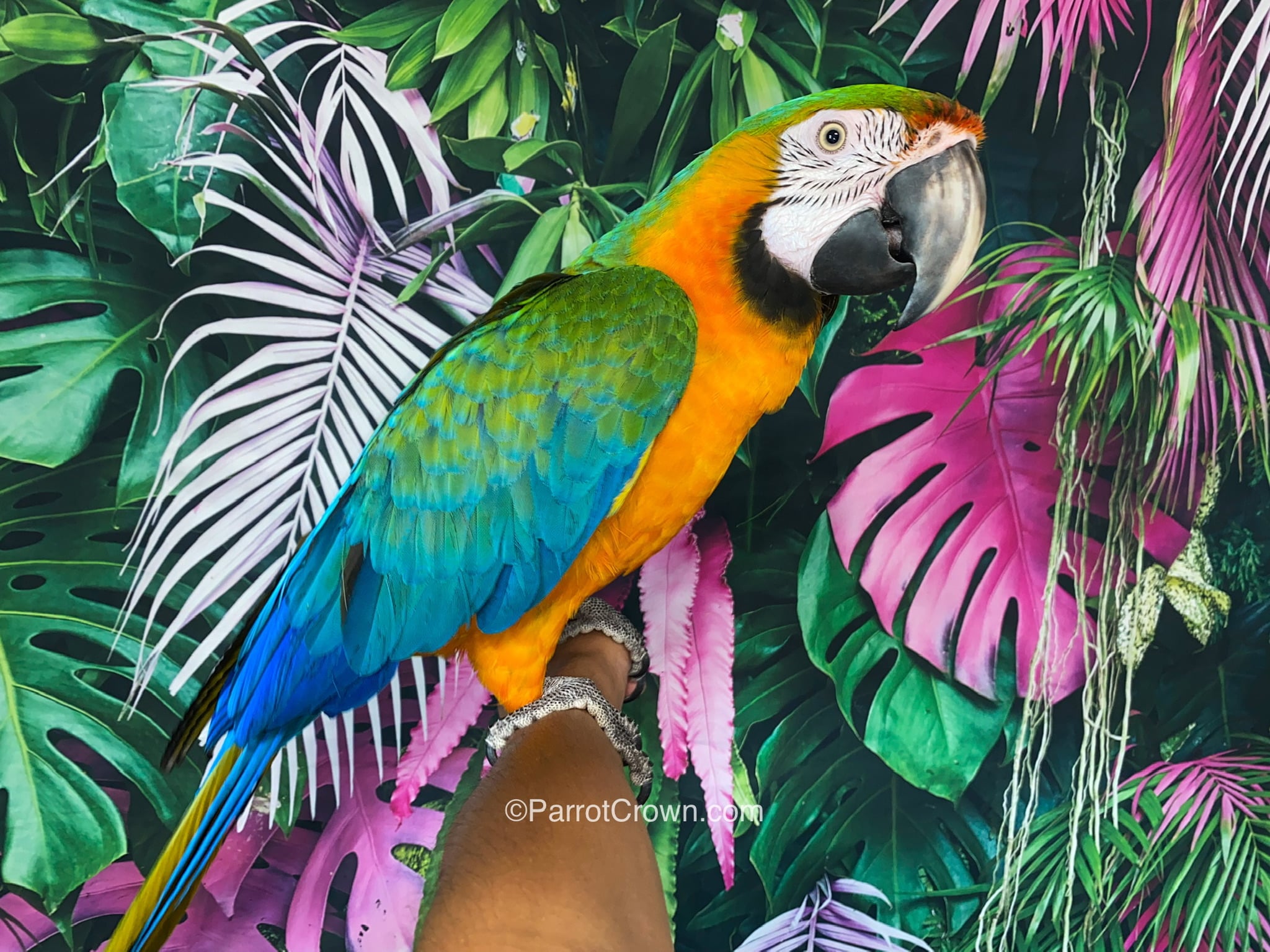
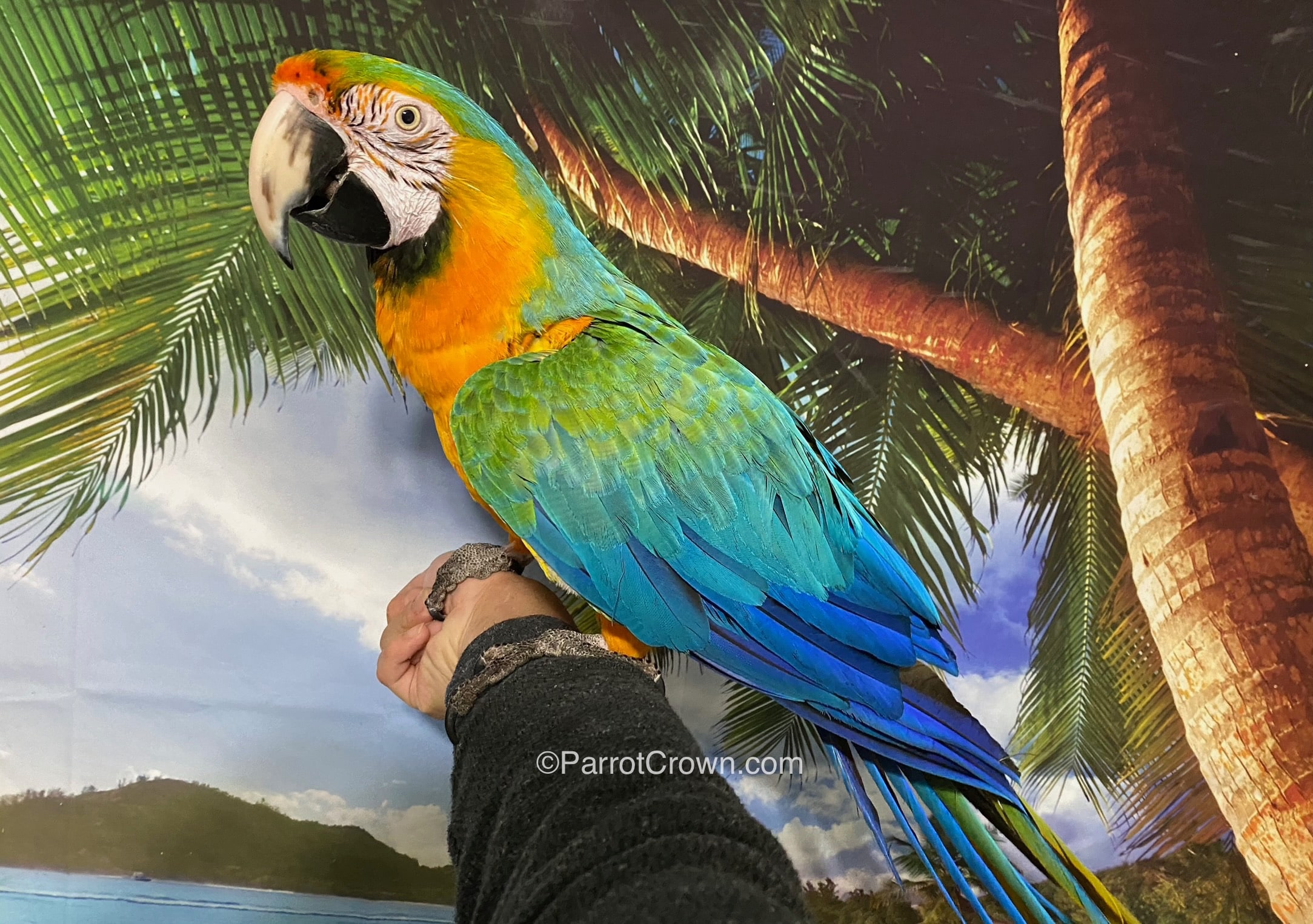
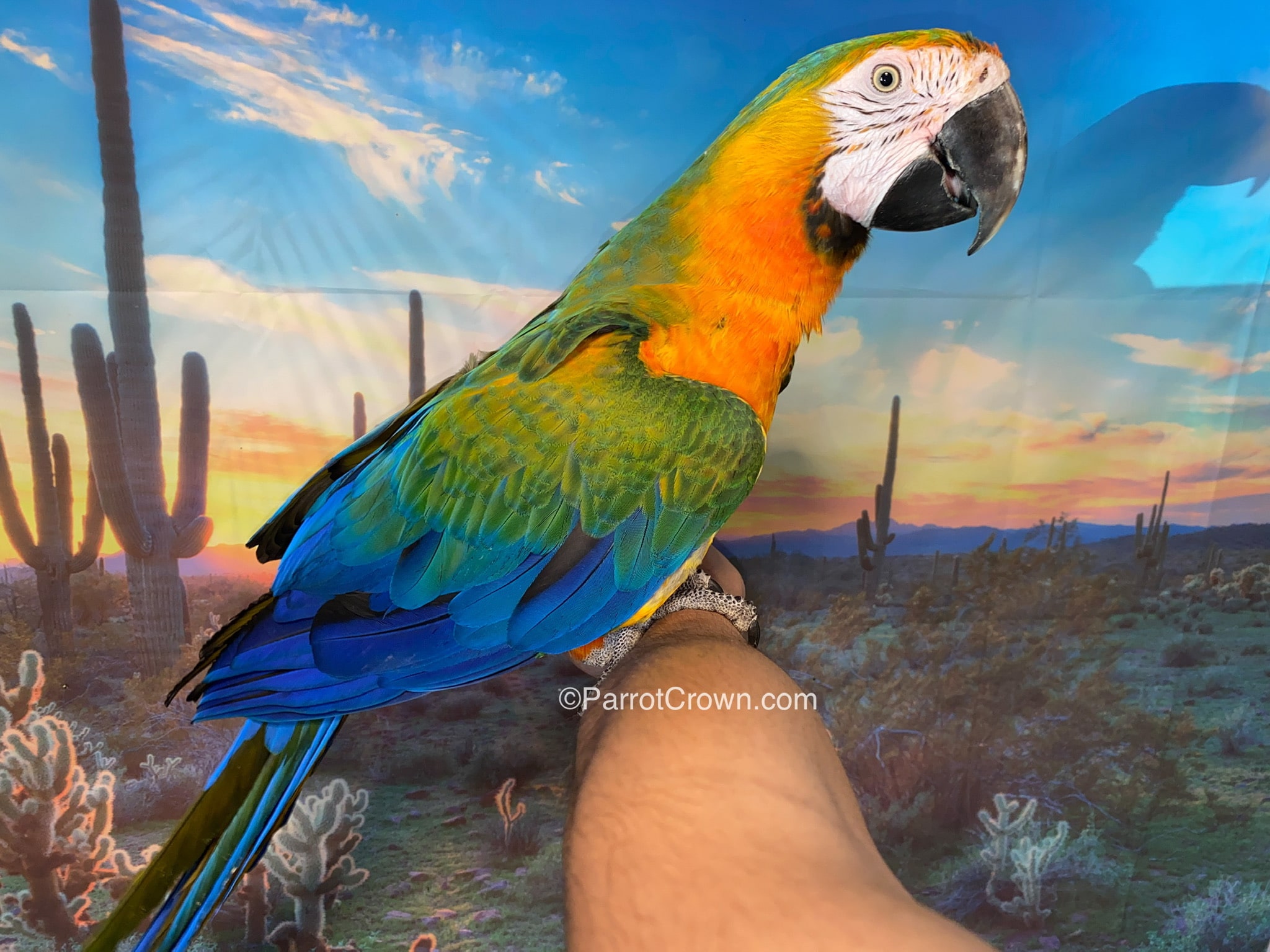
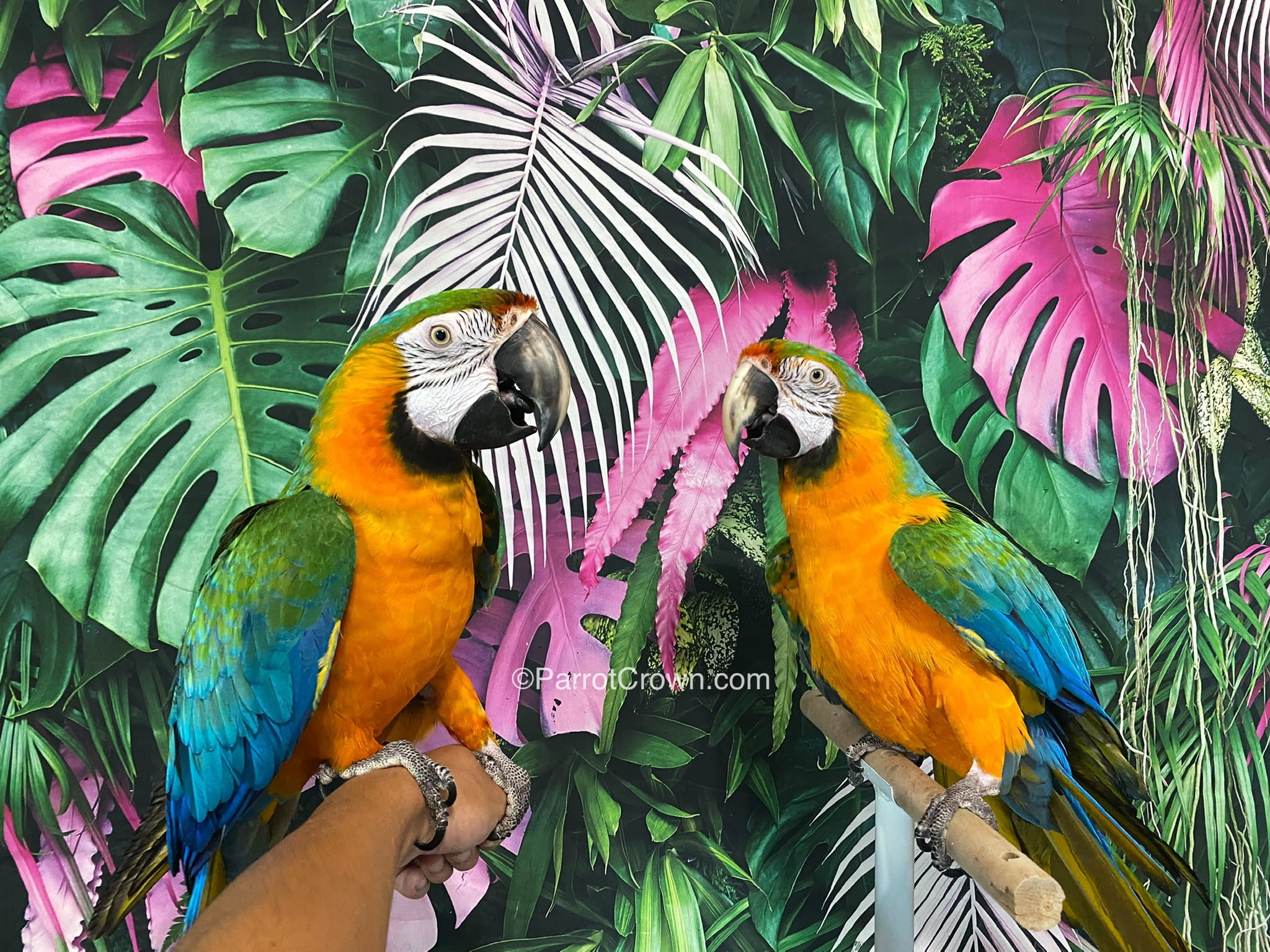
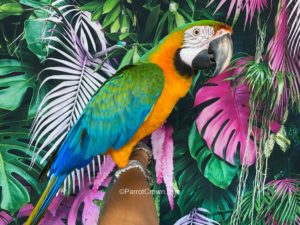
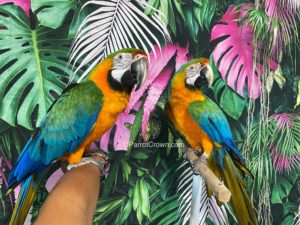
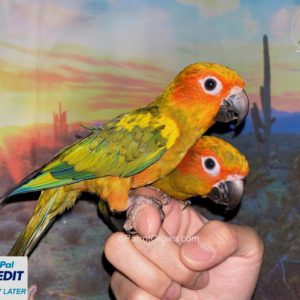
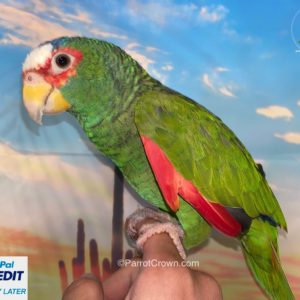
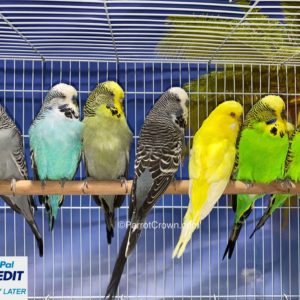
Reviews
There are no reviews yet.